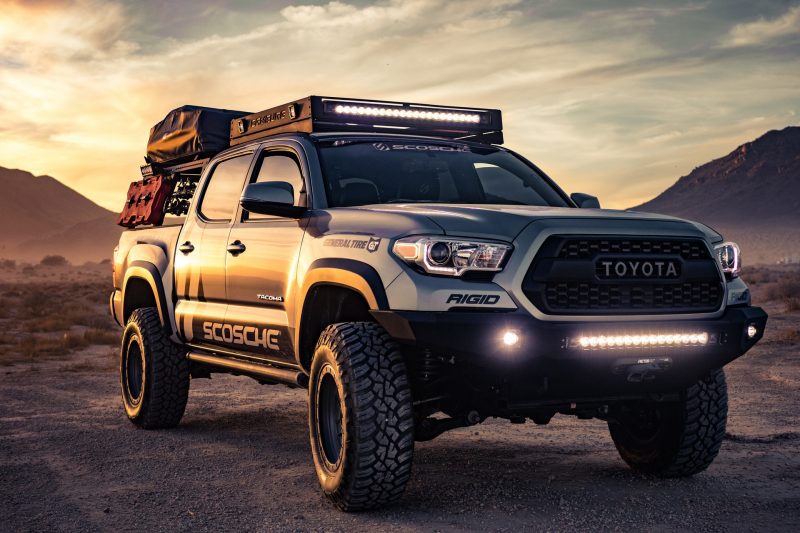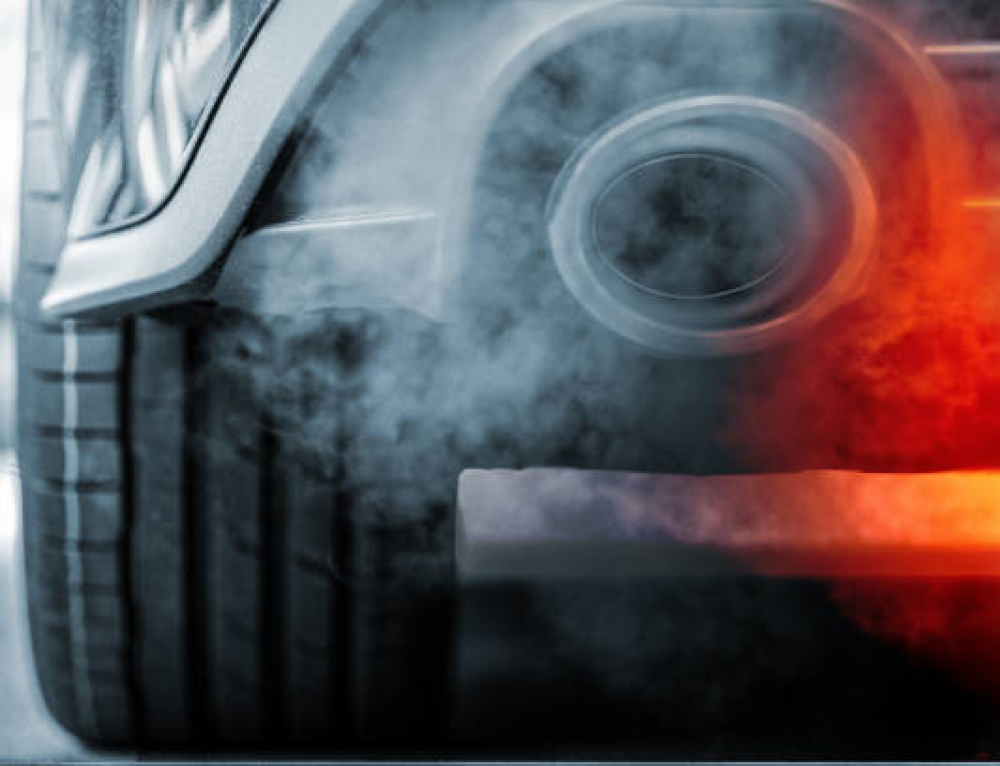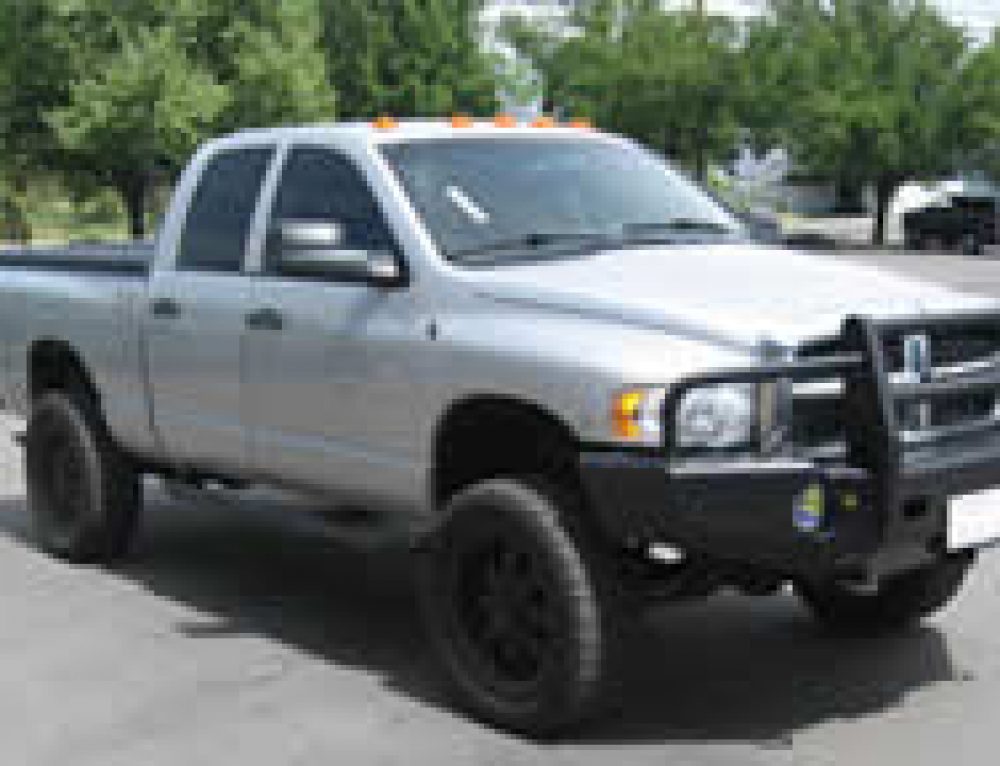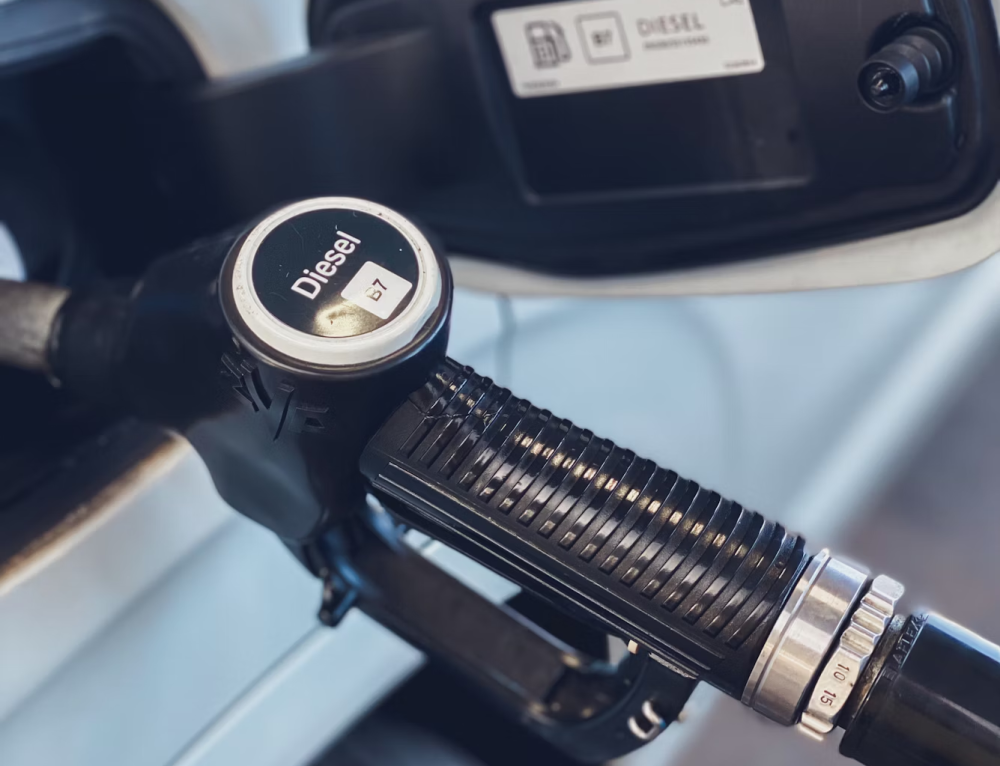Your vehicle brake is one critical element of your car. It enables you to stop your vehicle. Without your brakes, you won’t be able to stop your vehicle once it’s on the move. That sounds like a disaster to me. A faulty brake also means disaster. The best way to combat brake failure is to prevent it. And the best way to prevent it is by watching out for brake failure warning signs.
Without further ado, we’ll show you a few signs that mean your brake is about to get to the fritz, including brake failure warning signs that you should never ignore.
Let’s drive!
1. The brake pedal feels spongy or soft
When you apply your brakes on your diesel engine, do you feel some resistance? If no, then something isn’t right. In fact, your pedal shouldn’t go all the way down to the floorboard. If it does, then you need to get your brakes fixed ASAP by the diesel engine professionals. It could mean there’s air or moisture in the braking system. That means the hydraulic system (a major part of your braking system) is faulty. These could be among the brake failure warning signs that indicate you need immediate attention.
2. Unusual noises when applying the brakes
Another brake failure warning signs is that your diesel vehicle will begin to make some disturbing noice when you apply the brake. Drivers are always wary of strange noises coming from their car. It’s not usually a good sign. But when it comes to hearing unusual noises when you apply your brakes, it could not always be a warning noise. It might just be that a foreign object, maybe debris, is lodged in your brakes.
It could also be a cry from your brake-pad wear indicator. The indicator comes in contact with your rotor when you apply the brake. This is where the screeching noise comes from. Once you begin to hear this noise often when you brake, then it’s time to change your brake pad. Delaying can cause further damage and more cost. The good news here is that changing brake pads are pretty cheaper than other types of brake repair you can do.
3. The brake warning light on the dashboard
Pretty obvious sign. It’s the clearest sign of a problem in your braking system. Most modern vehicles usually have two warning lights that appear on the dashboard now. One for your Antilock Braking System (ABS) and the other which is for the actual braking system.
If it’s the ABS warning light that keeps signaling you, then take your diesel engine to the diesel engine mechanics. Get your brakes checked.
However, when it comes to brake lights, it can appear even without any problem in the system. This is when your parking brake is engaged. To be sure, you should release your parking brake and see if the alert goes away. If it doesn’t. Then your diesel vehicle is crying for help.
The fact that your brake light won’t always come up when there’s an issue with the brake system is noteworthy. A brake failure warning sign might not always appear until the issue worsens, so you don’t have to wait for a light on your dashboard before knowing that your brake is faulty. Never ignore the brake light. It’s a crucial safety indicator.
4. Vehicle pulling to one side when braking
Do you notice a pulling sensation to one side when braking? While there are a lot of reasons why this could be, it is one of those brake failure warning signs. It could indicate issues like a faulty brake hose, uneven brake pad wear, or a caliper problem. If this happens, one brake may work while the other doesn’t, creating an imbalance when you brake. Your vehicle will tilt towards the direction of the side that is still working.
It’s important to address this brake failure warning sign promptly to ensure you maintain vehicle control when braking. If you are experiencing pulling to one side when braking, have your brakes inspected by a mechanic.
5. Vibrations or pulsations in the brake pedal or steering wheel
It’s also a good brake failure sign if your steering wheel or brake pedals vibrate when you brake. It could be a sign of warped rotors. Rotors play a significant role during braking. When you hit the brake, the brake pad squeezes the rotor. This causes the vehicle to come to a halt. They are large silver discs that sit behind your wheel or rim.
Overtime, these rotors begin to wear and turn uneven. Thanks to friction. It can cause the rotors to warp. Uneven rotors can interfere in the braking process. This interference is noticed through the vibrations you feel as you brake. The situation gets worse if ignored as the rotor wears off the more. The best response to this problem is to take your vehicle to the diesel engine experts for inspection. During brake servicing, the diesel engine professionals smoothen the surface of the face of the rotor. If the damage is beyond smoothening, then they need to replace it.
6. Brake pedal becomes hard to press
While soft brakes are caveats, when the brakes are too hard, that’s another caveat. This could mean you have a problem with your brake booster–which assists in the application of brake force. With a faulty brake booster, your vehicle won’t get sufficient pressure on the brake pedal. This translates to a longer stopping distance. Have your brake inspected if you are experiencing this.
7. Burning smell coming from the wheels
A burning smell coming from your wheels and brakes is a bad sign. It means your brake is overheating. When you perceive such a whiff, the safest thing to do is to pull over immediately. Any smoke coming from your wheel? Then chances are that your brake caliper is on the fritz. Make sure you don’t drive the vehicle again till the mechanics inspect. It’s better you experience whatever discomfort is there to leave the vehicle there than to experience a brake failure while driving.
Experiencing Brake Problems?
The doctors will agree with me on this one–prevention is better than cure. Fixing brake problems is far more a better experience than experiencing brake failure. Trust me, you don’t want to be there.
The best way to avoid such a frightening experience is to take proper care of your car. Take every brake failure warning sign seriously. Ignoring these signs can lead to dangerous situations. And stay religious to regular preventive measures.
Here at Phoenix Diesel Repair, we deal with every light and medium-duty diesel engine. We will help you keep your diesel engine in its best shape. Our technicians are certified. We use a factory scanner to locate any car problem your vehicle is experiencing even before you start noticing any signs. Let’s help you avoid possible brake failures. Reach out to us today. We’ll be happy to hear from you!
Frequently Asked Questions
What causes a brake failure warning sign to appear?
Brake failure warning signs typically appear due to issues like worn brake pads, air or moisture in the braking system, warped rotors, or malfunctioning brake boosters. If any of these components fail, it can lead to braking inefficiency or total failure.
How do I know if my brake failure warning sign is serious?
Some brake failure warning signs, like vibrations, pulling to one side, or a burning smell, can indicate serious problems. If you notice any of these signs, it’s important to have your brakes inspected immediately to prevent further damage or a complete brake failure.
Can I drive with a brake failure warning sign?
While minor issues like a squeaking noise may not be immediately dangerous, other brake failure warning signs such as a hard-to-press pedal or vehicle pulling to one side are more critical and can compromise your ability to stop safely. It’s best to have your brakes inspected by a professional as soon as you notice any warning signs.
Why does my brake pedal feel soft? Is it a brake failure warning sign?
Yes, a soft brake pedal is a common brake failure warning sign. It often occurs when there’s air or moisture in the braking system, causing the hydraulic system to malfunction. If your brake pedal feels spongy or soft, it’s time to have your brakes checked by a professional.
What should I do if the brake failure warning sign light appears on my dashboard?
If the brake failure warning sign light comes on, it could be signaling a problem with your braking system. Check if your parking brake is engaged—if it’s not, you should have your brakes inspected by a professional mechanic to avoid any potential brake failure.





